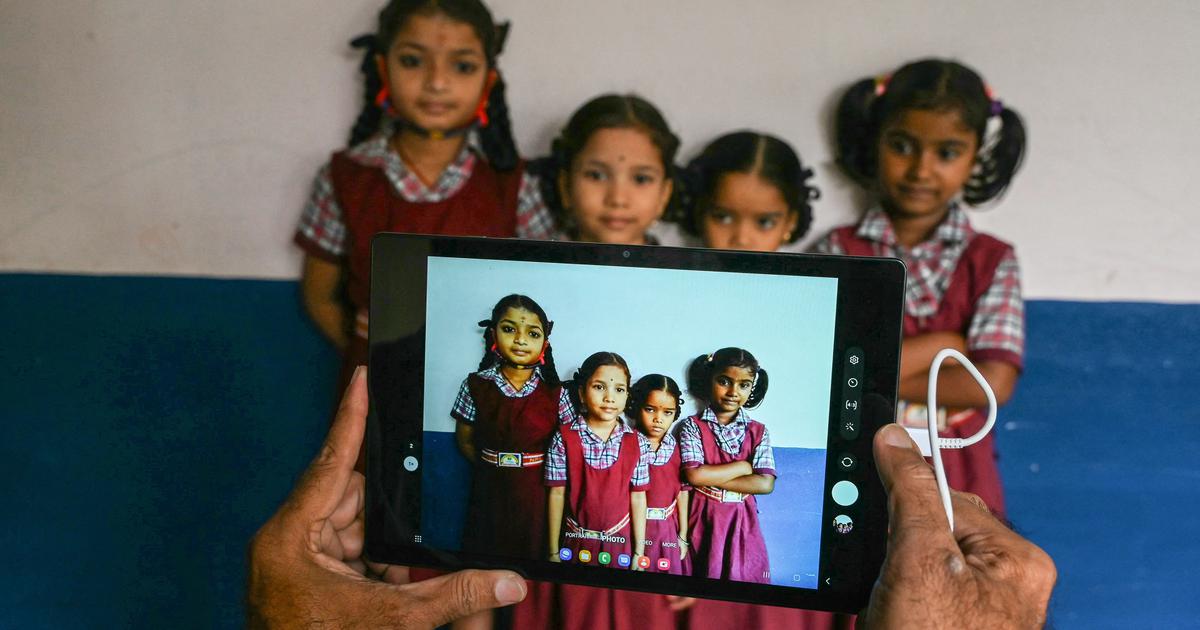India’s embrace of dangerous facial recognition technology is great for AI, terrible for privacy

In February, India, along with France, co-hosted the AI Action Summit held in Paris. At the end, it was announced that the next edition will be held in India. In its naming, priorities, and focus, the summit witnessed a clear shift from “safety” to “innovation” as the principal theme in artificial intelligence discourse. This move aligns with India’s lax regulatory stance on AI governance, even in high-risk areas like healthcare and surveillance-driven technologies such as facial recognition technology.
In the upcoming summit, this shift will enable the Indian government to steer discussions toward innovation, investment and accessibility while avoiding scrutiny over its weak legal protections, which create an environment conducive to unregulated technological experimentation.
Shortly after the introduction of Chinese start-up DeepSeek’s R1 model – which upended assumptions about large language models and how much it might cost to develop them – the Indian Ministry of Electronics and Information Technology announced plans to develop indigenous foundation models using Indian language data within a year and invited proposals from companies and researchers under its IndiaAI Mission.
While local development in these areas is still in the early phase, the domain of AI that has already seen widespread adoption and deployment in India is facial recognition technology. As India contemplates a sustained push toward AI development and will likely...
Read more
News